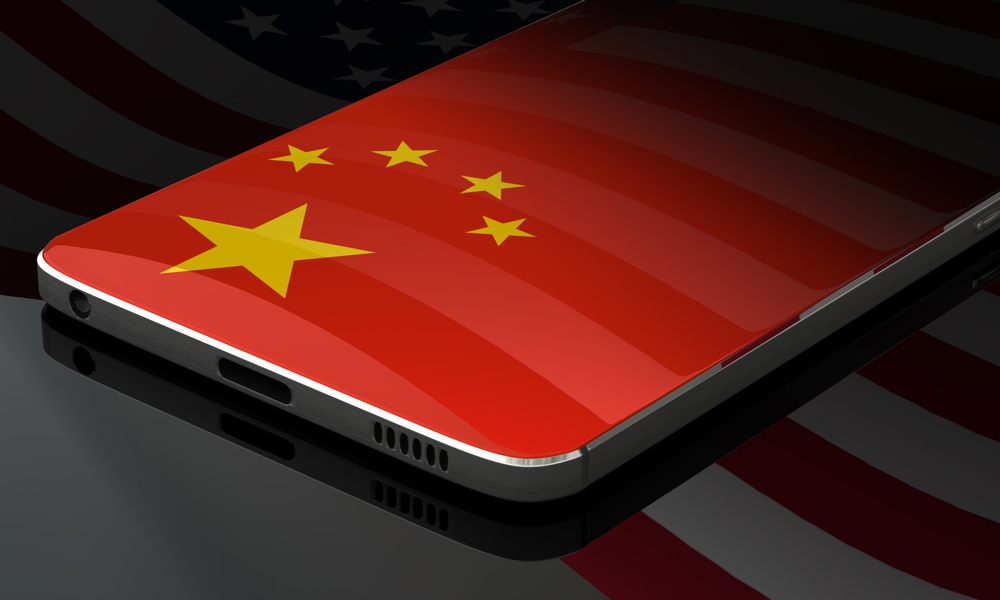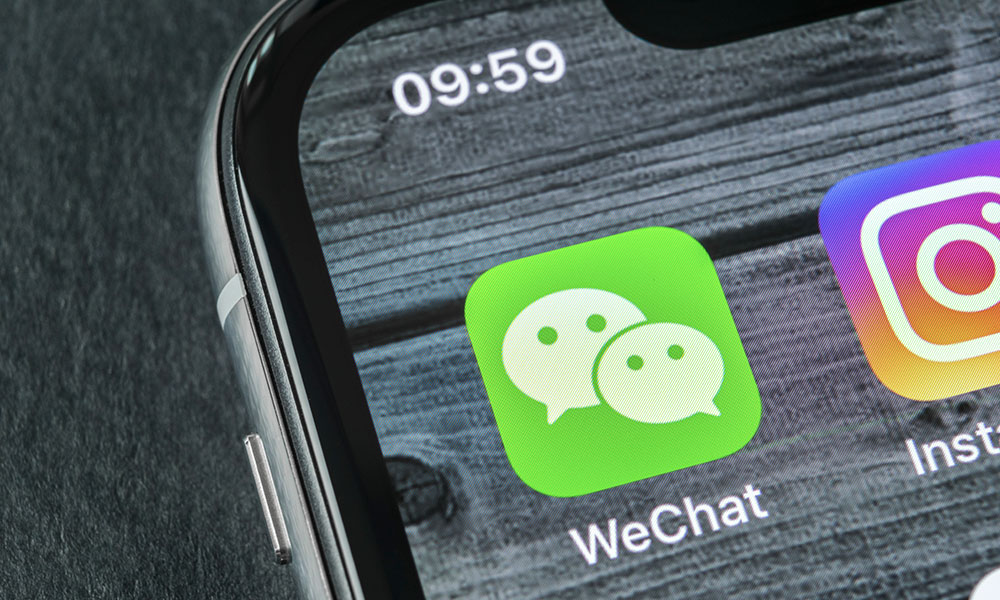Apple Is Still Struggling to Launch Apple Intelligence in China
 Credit: rzoze19 / Shutterstock
Credit: rzoze19 / Shutterstock
Toggle Dark Mode
While Apple seems to have navigated the regulatory hurdles keeping Apple Intelligence out of the European Union, clearing the way for its generative AI services to launch in China is considerably more complicated.
Apple Intelligence was limited to US English when it launched in October with iOS 18.1, but Apple didn’t explicitly restrict it to the United States. Users in nearly any country could try out the new features as long as they were willing to set their language to the US. Those languages expanded into other English dialects with last week’s launch of iOS 18.2, providing support for Canada, Australia, the UK, and others, but the restrictions remain primarily based on languages and not geographic regions.
Nevertheless, there remain two glaring exceptions to that rule: the EU and China. Apple Intelligence has yet to fully launch in either region, although it’s been held back for entirely different reasons.
In the EU, Apple has been concerned about how the new Digital Markets Act (DMA) would affect the launch of Apple Intelligence. The DMA has already forced Apple to make significant changes to the App Store, and the company had concerns that the interoperability requirements under the new laws might require it to open up its AI features to third parties.
The DMA only applies to “gatekeeper” platforms — those large enough to require regulation. In Apple’s case, that’s the iPhone and iPad, but not the Mac. Since Windows remains the dominant platform in the EU, macOS isn’t regulated. This allowed Apple to partially launch its AI features in the EU by bringing them to macOS 15.1. Since then, it has also announced plans to deploy them on the iPhone and iPad in Europe in April, likely as part of the iOS 18.4 update, which is expected to support more languages.
However, Apple faces an entirely different set of challenges in China, which have less to do with competition and interoperability and more to do with playing by Beijing’s rules on who can and can’t run AI engines in the Middle Kingdom.
Popular services like OpenAI’s ChatGPT and Google Gemini haven’t been able to make inroads into China since the government requires all artificial intelligence services to be approved by the regime. That rules out Apple’s biggest partner for supplementing Siri, and it’s been exploring alternatives for several months, reportedly without much success.
Replacing ChatGPT with another provider isn’t a huge concern for Apple, as it already considers OpenAI’s service an “extension” to Apple Intelligence and not a core component. When it announced its new suite of AI features during its Worldwide Developers Conference (WWDC) in June, it suggested ChatGPT was only the first of what it hoped would be many other partners.

However, the stickier part for Apple is its own in-house large language models (LLMs) that make up the core of Apple Intelligence. These are designed to run on-device as much as possible to preserve user privacy and security. When they need help with some heavier lifting, requests are forwarded to Apple’s Private Cloud Compute infrastructure, which is designed from the ground up to process information anonymously and retain nothing of what goes through it.
In theory, Apple could try to convince Beijing to approve the Apple LLMs, but that’s unlikely to happen. Leaving aside China’s inherent resistance to foreign technologies that could let information trickle in from outside the Great Firewall, there’s also the fact that Apple’s strict privacy policies are anathema to the regime known for keeping a close eye on its citizens.
If Apple wants to launch Apple Intelligence in China, it’ll need to build a completely different LLM into Chinese iPhones — most likely one developed by a Chinese company.
According to Reuters, two candidates have emerged as the frontrunners after negotiations with a few others failed to gain the necessary traction.
Apple initially sought a partnership with Baidu. This could have been a natural extension of the existing relationship between the two companies, as Baidu also provides the default search engine for the iPhone in China, where Google is naturally not allowed to tread.
Unfortunately, Apple and Baidu got tangled up in a difference of opinion on privacy and how user data would be handled. Earlier this month, The Information reported that the Chinese search giant wanted more information on iPhone users that could be used to train its AI models. Those models also reportedly aren’t that great to begin with, lacking the more personal touch that Apple is looking for.
Now, it looks like Apple has moved beyond Baidu (or at least put those talks on hold) while it looks to either Tencent or ByteDance to fill the gap.

Sources say that Apple’s discussions with those companies are said to be at a “very early stage,” but either one could have the muscle Apple needs to get its AI features into China. Tencent is the massive conglomerate behind everything from WeChat to most of the online games in China and even owns a significant stake in Snap, Blizzard, and Spotify. ByteDance, of course, is the company that owns TikTok (although not likely for much longer if the US government gets its way). Both have their own LLMs and other AI algorithms that could be tied into Apple Intelligence and, much more significantly, they also have the blessing of the Chinese government to operate these inside the country.
At this stage, the talks are so preliminary that it’s impossible to predict a timeline for Apple Intelligence’s launch in China. Apple has no choice but to make this a priority as it’s too large a market to ignore, which means it’s likely willing to make whatever privacy compromises are needed to appease Chinese regulators — much as it did with iCloud data eight years ago.







